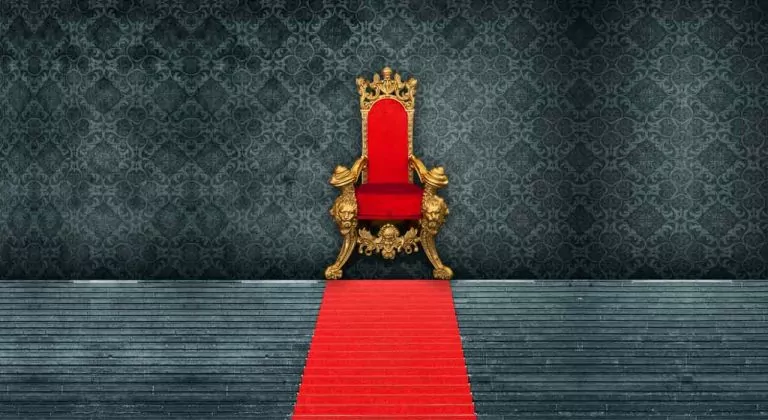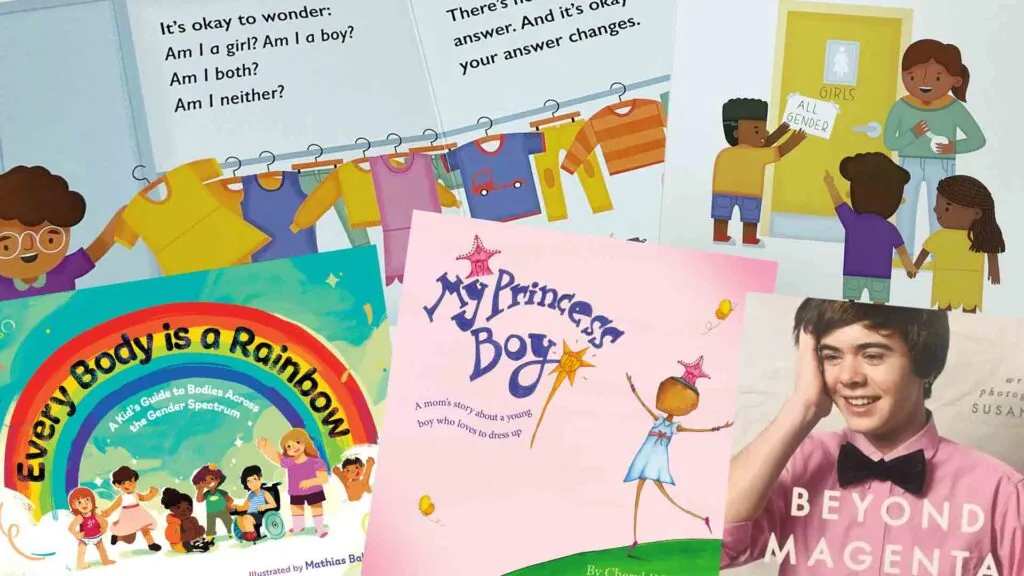A simple electoral reform that might actually make our democracy more representative
****
Canada’s democratic system has been likened to a four-year “elected dictatorship.” Why? The fault is often lain at the feet of our First-Past-The-Post electoral system which allows a political party with only a minority of the popular vote to form a majority government. We saw that happen again in 2015, when the federal Liberal Party won a majority government – 54% of the seats in Parliament – with only 39.5% of the votes cast.
But does this make Canada a dictatorship? No, not this alone. The bigger issue is the control that party leaders have over who gets to run for their party. Anger your party leader, and he won’t sign your nomination papers. Then your only option is to run as an independent. However, independents don’t win; there have only been two elected independents over the last three elections. So if you want a seat in Parliament, you’d best not do anything to annoy your party leader.
That means that, while the Liberals control Parliament, Justin Trudeau controls the Liberals. That allows him to sets the agenda for Parliament. He also chooses who will get Cabinet positions, selects individuals to the Senate, and picks Supreme Court Justices. Three hundred and thirty-eight Members of Parliament are elected, but all the power of Parliament is concentrated into the hands of this one man. Canada is an elected dictatorship.
This is a problem
This would be a problem even with the best and most noble of men leading our country – unfettered power is a potent temptation to anyone. As Lord Acton put it, “Power tends to corrupt, and absolute power corrupts absolutely.”
Our neighbor to the south recognized this corrupting effect, and it led the American Founding Fathers to design a system of government that split power between three separate branches of government: Congress would vie with the President and with the Supreme Court. The three would compete with and hold the others in check to ensure that power was never concentrated in any one branch.
But what holds the prime minister’s power in check?
Theoretically, it’s the other Members of Parliament (MPs). The prime minister has only one vote, so if his MPs don’t like what he is doing, they could vote against it and stop him.
But that’s not how it works. As party leader he has both carrots ands sticks with which he can control his party. An MP who stays loyal may eventually get rewarded with a Cabinet position. An MP who makes trouble may get demoted or even kicked out of the party. The result? MPs dare not disagree with their leader.
More parties in control
So what can be done? One frequently mentioned proposal is to replace our First-Past-The-Post electoral system with some form of Proportional Representation (PR).
Though there are a number of different versions of PR, under the simplest version parties would receive seats in proportion to their popular vote. So if the Liberals received 39% of the popular vote across Canada they would receive 39% of the seats in Parliament.
This would result in many more minority governments, forcing the PM to share his power with the other party leaders. Instead of dictating to them he’d be forced to cooperate with them to get his bills passed.
The problem with Proportional Representation is that it most often involves voting for a party, not a candidate. A party puts out some sort of list, often with an order of their choosing. If they get enough votes for, say, three MPs, then the three people at the top of their list will get in. This gives the party leader even more power over his party because anyone who isn’t willing to pick up his dry cleaning will get put far down the list, or not make it at all.
It’s true, PR would move us from a dictatorship, but to an oligarchy; instead of rule by one party leader we would be ruled by a council made up of two or three party leaders. However, those party leaders would have an even firmer grip on their parties.
So that’s not much of an improvement.
Empowering MPs
A better option is to change the way a party leader is chosen.
Presently, party leaders are chosen by the party members. This method means that, come the next leadership election, a party will be able to sell a lot of memberships. But this is what’s behind the power imbalance: a party leader still has his carrot and stick, and the MPs have no way to constrain their party leader because he is hired and fired not by them, but by their party’s membership.
What if the party leader was chosen by the MPs? That’s how it used to be done in the United Kingdom, up until the early 1980s. Under such a system a party leader would still be able to exert considerable control over his caucus, but he wouldn’t be able to run roughshod over them. If he annoyed too many, then out he’d go. There would be some balance. Individual MPs might then feel free to occasionally vote as they think best, or as their constituents think best, and not simply as their party leader thought best.
This is a change that the party membership can bring about, starting at the riding level, and the pushing it on to the annual convention. It would take time to win support – this would be a multi-year process – but it can happen. And if a party’s membership demands this change, then we might well end up with a more representative democracy, and without any of the radical electoral reforms that have been proposed.
Of course, in a sin-stained world a democracy isn’t always ideal either: just consider how giving the people their say won’t put an end to either abortion or euthanasia any time soon.
But a democracy is a step up from our dictatorship of one.











